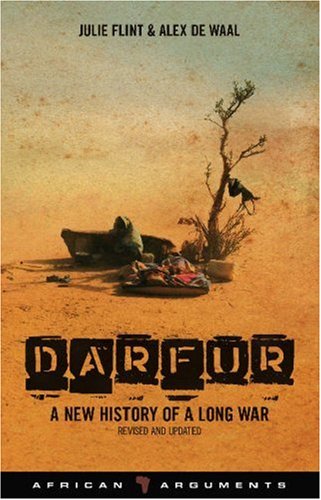Julie Flin & Alex de Waal – Darfur, A new history of a long war (2009)
When the decades-old ethnic conflicts in Darfur, in western Sudan, escalated in the early 00s, ethnically African groups formed two rebel movements, the SLA and the JEM. The government in Khartoum decided to use local Arab supremacist militias, known as Janjaweed, to suppress them. This casued a borderline-genocidal conflict in 2003 to 2004, which had morphed into a more traditional civil war by the time the West started to warn of a Darfur genocide. The authors argue that for the years that followed, the “save Darfur” media story had little to do with reality.
Recommended: Yes.
Michel Houellebecq – The Elementary Particles (1998)
Absolutely Fabulous with angst instead of jokes.
Recommended: No. It’s a powerful statement of disgust, but didactic The Way We Live Now novels don’t age well. Houellebecq can see nothing but his own generation’s sufferings, and I’m not impressed by the philosophy or the attempt at an SF ending.

Nir Rosen – Aftermath (2010)
Rosen argues that the sectarian civil war in Iraq was not inevitable, but a result of the mistakes of the American occupation force, which created a level of Sunni-Shiite rivalry that had not really been an issue before. The counterinsurgency tactics they adopted later may or may not have helped to end the civil war, depending on who you ask. What is certain is that lots of people died and got scattered across neighbouring countries. Mission failed.
Recommended: Yes, although the book reads like a draft, long and unfocused.
